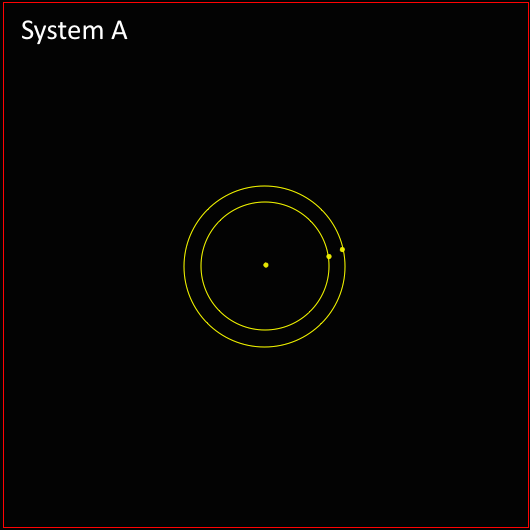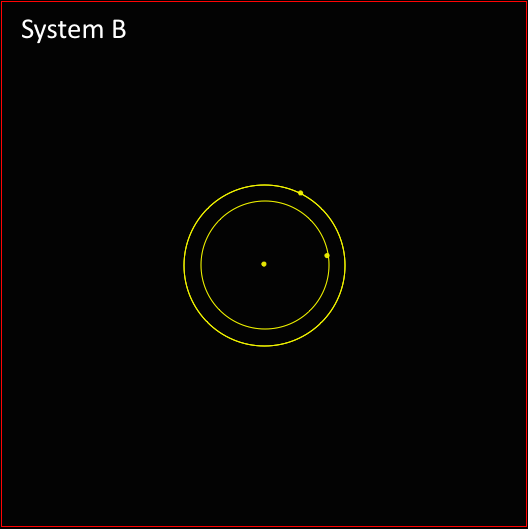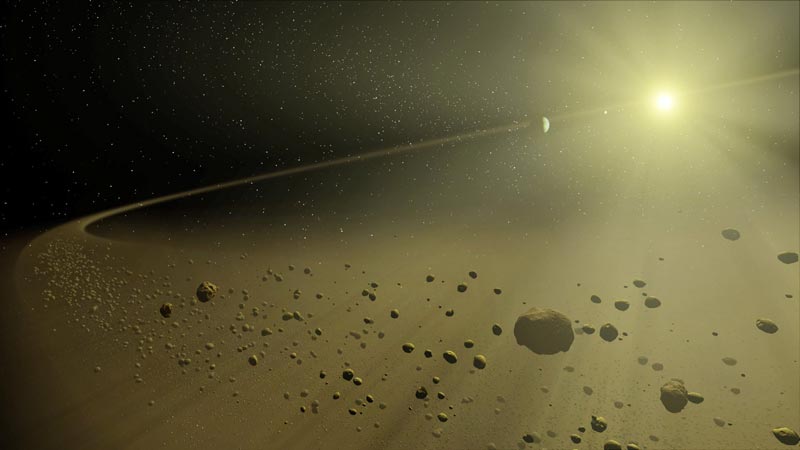By: Ari Silburt Date: April 29th, 2017
Basics of Chaos
Edward Lorenz was an early pioneer of chaos theory, quantifying its behaviour and popularizing it as a concept. He is also responsible for coining the term The Butterfly Effect. As mentioned above, chaos describes how near-identical systems can evolve into substantially different states over time. Since humans cannot measure anything to infinite precision, this means that for any chaotic system humans have a limited range of predictability.
This is precisely why the weatherman is often wrong. Weather predictions are generated by inputting the current state (teperature, pressure, elevation, etc.) of a region into a computer and simulating future possible outcomes. However, we cannot know these values to infinite precision. For example, maybe we know that the temperature at 12:01pm is 21.1℃, but we cannot know that the temperature at 12:01:05:32:36pm is 21.11238774℃. Hence there is always measurement error, and future weather predictions will always be uncertain. It is worth mentioning that chaos is not a binary function (i.e. chaotic or not chaotic), and there are degrees/levels of chaos in the universe. A more accurate statement is that all systems have a chaotic timescale, and one way of measuring this chaotic timescale is with the Lyapunov Exponent.
Although the weatherman often takes a lot of heat for being wrong (see what I did there), he is not alone. Any chaotic system will have a limited range of predictability. Think about how often economists make incorrect predictions, how often the American presidential election predictions are wrong, or how often your March Madness bracket crumbles despite all the research you poured into it. Chaos my friends.



 Artist's impression of the early Solar System.
Artist's impression of the early Solar System.